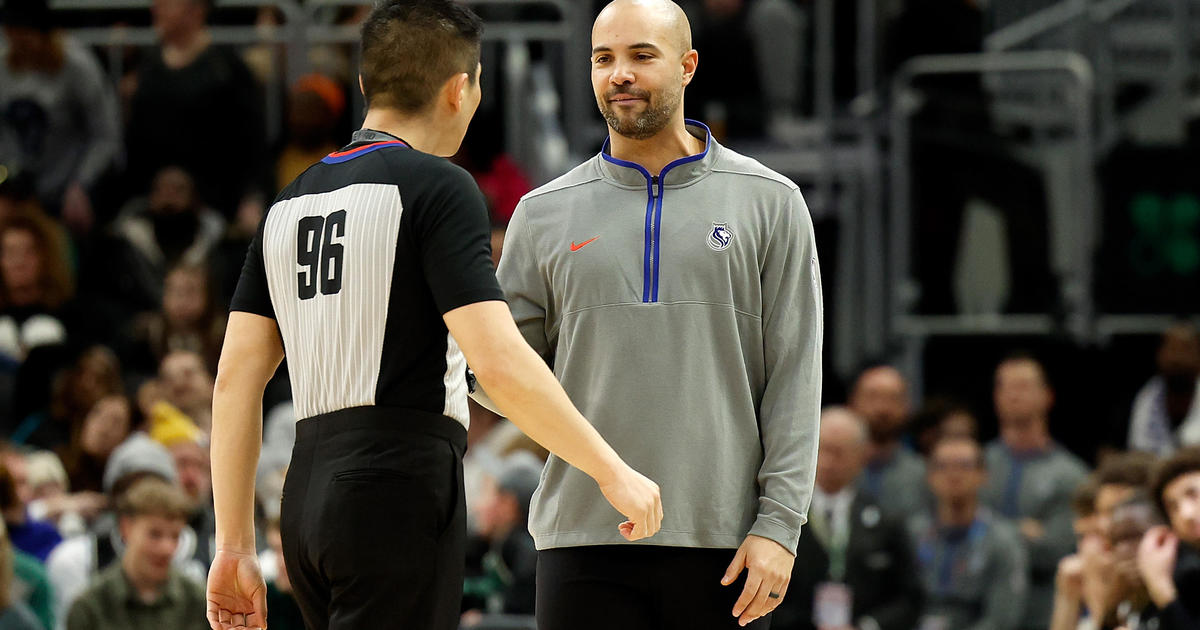Sweeny: What Yankees Fans Need To Know About A-Rod's Hip
By Sweeny Murti
» More Columns
OK, here's what you need to know about A-Rod's hip:
Surgery has (finally) been scheduled for January 16.
Full recovery into major league shape is expected to take six months, so figure A-Rod's return will be hopefully roughly after the All-Star break. Could be sooner, could be later. It is an estimate, not a precise measurement.
Dr. Bryan Kelly, co-director of the Center for Hip Pain and Preservation at the Hospital for Special Surgery will be the lead surgeon.
It is Dr. Kelly's diagnosis that the hip problem was related to the shape of A-Rod's hip bone, which is a degenerative condition and the shaping of that bone occurs in the first 15 years of a person's life. In other words, that's why Dr. Kelly has asserted that the injury was NOT the result of A-Rod's past steroid use.
Now, beyond that there is one question that has been asked over and over again since word leaked out early last month about A-Rod's hip condition. Why have they waited so long to do the surgery?
The layman's observation is the faster he gets operated on, the faster he is playing again. It has been explained to the inquiring media many times over the last month that A-Rod is undergoing a "pre-hab" period to strengthen the area around the hip and speed up the recovery process. That answer hasn't seemed to satisfy fans, so here is Dr. Kelly's detailed explanation of why the surgery will be done next week instead of two months ago:
"The easiest analogy is an ACL tear. Somebody ruptures their ACL, the vast majority of orthopedic surgeons, and I would say this is pretty much the standard of care, is to not operate during the acute injury phase because there is a lot of inflammation, there is a lot of bleeding in the joint, there is a reduction of motion.
"And anytime there is bleeding or injury in a joint there is a problem in the body called arthrogenic pain inhibition, which means that pain from the joint shuts down the muscles around it. And so operating in an environment where there's a lot of inflammation, a lot of swelling that results in limitations of motion and secondary muscular shutdown really compromises the ability of somebody to recover at a fast rate.
"Now we go to the hip, the same exact principles apply. If you're operating in an environment where there is a lot of inflammation, a lot of compensatory shutdown of the muscles secondary to this joint mechanical problem, then operating earlier actually will frequently result in a more prolonged recovery afterward because it takes longer for the muscles to respond and recover from the surgery.
"So the ultimate is issue is not, 'Let's do surgery as soon as possible,' but 'What's the best strategy to get somebody back to full function the fastest?' And frequently that requires a period of pre-habilitation -- just like in an ACL -- in the hip joint because of this pain inhibition and dysfunction of the muscles. That's the first thing.
"The second thing is that Alex's case is complicated by the fact that he has a hip that has already undergone surgery which has been successful, and during the post-operative period of time, the immediately post-operative (period), he is going to really have to rely on his right hip because there is a period of protected weight bearing that can last anywhere from 10 days to 4 weeks depending upon how strong the muscle is going into it. We want to minimize the amount of time he has to spend relying on his right hip because the last thing we want to do is compromise the thus far successfully repaired right hip because we prematurely operated on the left side.
"So he's got a lot of complicating factors that make timing really an issue. And we have fairly objective strength criteria and an ability to really quantify what the level of function is to give us a good estimate as to when can we safely intervene that's going to allow for the fastest return to full function. And that doesn't in any way mean the fastest time to the operating room."
While Dr. Kelly is optimistic about A-Rod's ability to return to compete at a high level, he admits there are several hurdles to clear before we get there.
Plain and simple: A-Rod needs to find a way to stay on the field. And while this might help, I can't feel with any certainty that he'll return to being a significantly productive player. After all, to put up numbers you have to stay on the field. And the player who averaged 159 games from 2001-2007 has averaged only 124 games from 2008-2012. And we already know he is going to miss at least half of 2013.
The odds might be long. But the Yankees have over $100 million riding on this, so they'll push forward and see if A-Rod can make another comeback.
Sweeny Murti
@YankeesWFAN
When do you expect A-Rod back on the field? Let us know in the comments...



